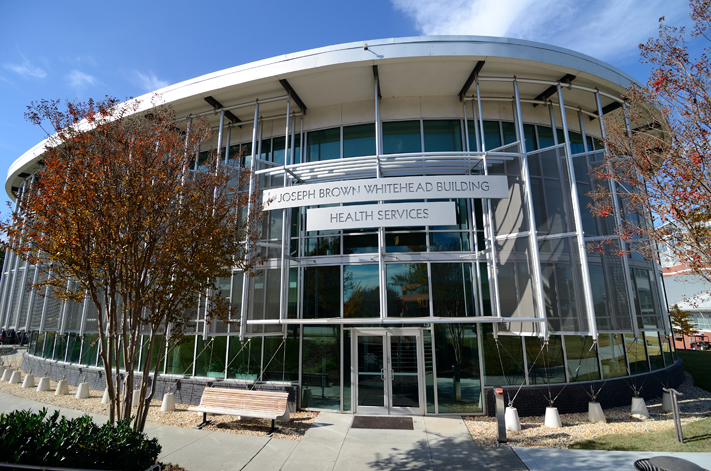The suicide of an AE PhD candidate, Nimrod Rooz, on Oct. 17 has prompted the question of student mental health and well-being on campus. This is the third year in a row that Tech has had a graduate student commit suicide. The circumstances surrounding the suicide remain unknown.
The Graduate Student Senate (GSS) unanimously passed a resolution on Tuesday, Oct. 25, to express condolences.
“I think mental health for students in general is something to be concerned about…given the past incidence of these [suicides], we’re all very concerned…I think the best way to respond to this is by public awareness,” said James Black, Graduate Student Body President.
Dr. Perez, Director of the Counseling Center at Tech, gave a presentation last week at the GSS meeting regarding mental health. He provided information about the Georgia Tech Mental Health Task Force (MHTF), which was commissioned by the Vice President for Student Affairs and the Associate Vice President for Auxiliary Services in 2007 in response to the tragedy at Virginia Tech. They came up with a set of recommendations for students who have issues related to suicide and other mental health related concerns.
“Suicide isn’t something that people can talk about…but we need to talk about it so that students can be informed and aware of resources that are available and they know what the warning signs are,” Black said.
According to Black, it is necessary to reevaluate current practices in terms of types of services offered to students and this is being implemented currently. Data is being collected to research the presence of any trends that should be of concern.
“People are very aware of the situation and are responding appropriately but it’s just that the nature of the situation is such that it is not widely advertised…I think that we’re moving in the right direction with respect to developing an effective response to the issue,” Black said.
The issue of students in distress is dealt with through a variety of ways. The Residence Life staff is trained in recognizing students who may be dealing with high levels of stress or who are expressing suicidal thoughts or feelings. The Dean of Students Office has a referral tab that allows faculty, students, staff, parents and friends to mention a student in need of help.
“Last year faculty referred over 200 students to my office. We follow up and check-in with the student and referrals are made to the Counseling Center or Psychiatry when it is appropriate…Finally, we count on students to let us know when they are concerned about a roommate, friend, boyfriend, girlfriend or significant other,” said John Stein, Dean of Students.
Mental Health is an important topic discussed during new student and new faculty orientations. Students are provided 24/7 support through the “dean on call” and the Counseling Center. These services can be accessed by students by calling the GTPD.
“It should never be about the fear of getting someone in trouble but rather getting someone help,” Stein said.
He emphasized the need for students to be aware of the counseling resources available to them.
According to Stein, the Dean of Students partners with faculty, students and other administrative areas on campus to promote and deliver a wide array of programs, services and initiatives that offer students options to get involved, to maintain their health and well-being and to deal with the stress that is known to exist for Tech students at certain times during the semester.
“We encourage students to get involved and to invite others who may struggle a bit in making connections to join them in the many opportunities that exist on this campus,” Stein said.
